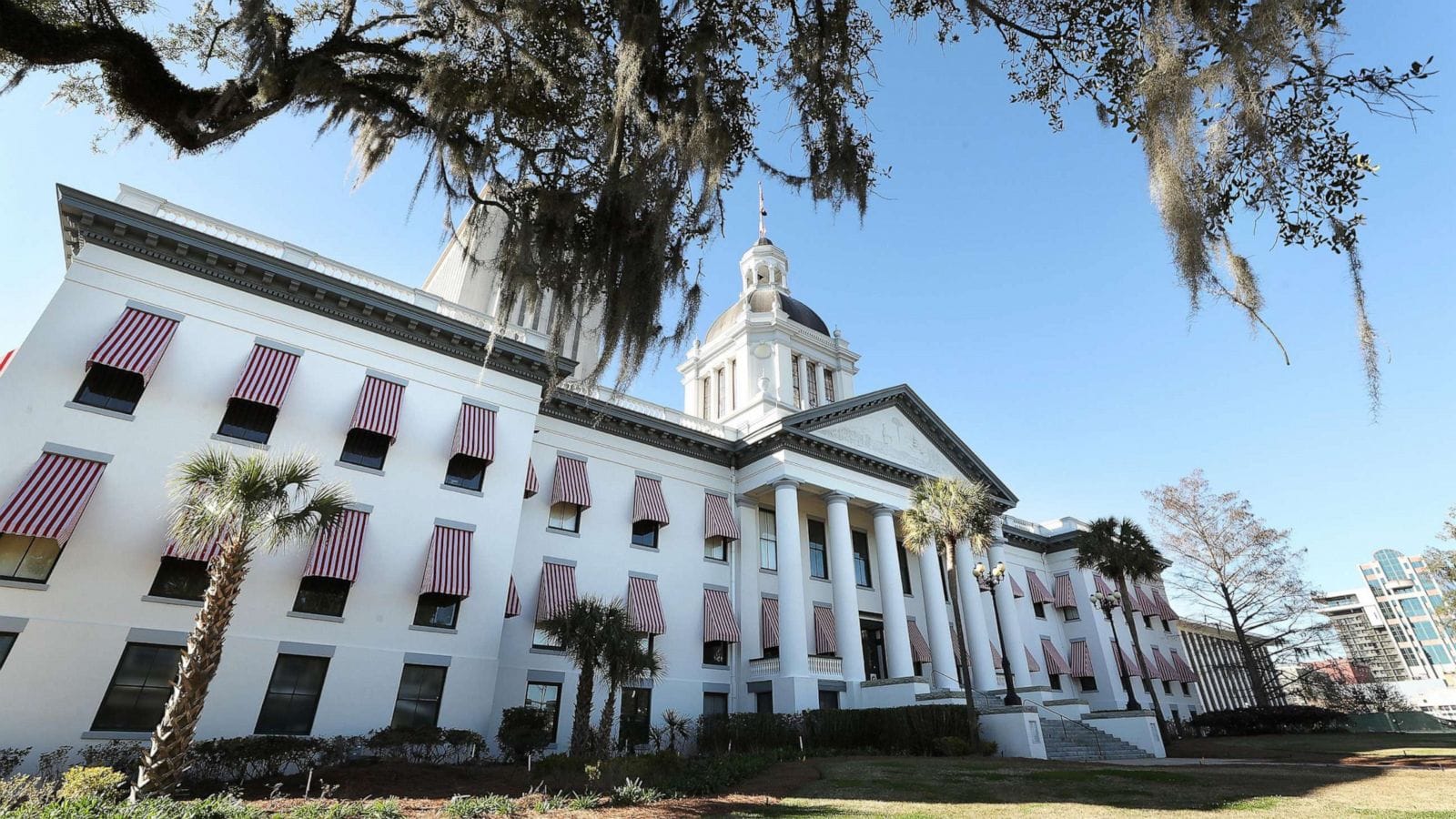Will Rigged Maps Steal the 2024 Election? What You Need to Know
Gerrymandering—the manipulation of voting district boundaries for political advantage—has plagued American democracy for centuries. But as we head into the 2024 election, the stakes have never been higher. With new technologies amplifying the practice and the Supreme Court taking a hands-off approach, the battle for fair maps and a representative government rests on shaky ground.
While predicting the exact impact of gerrymandering on the 2024 election is impossible, its potential to distort election outcomes and erode public trust is undeniable. As legal challenges wind their way through the courts and state legislatures grapple with redistricting, the fight for fair representation demands vigilance and action from everyday citizens.
Curious about the personality types of your beloved Winnie the Pooh characters? Delve into the fascinating world of their traits and motivations with our comprehensive guide to Winnie the Pooh characters’ personality types.
Gerrymandering: A Threat to Democracy and Your Vote
At its core, gerrymandering allows politicians to choose their voters by manipulating electoral maps instead of voters choosing their representatives. This undermines the fundamental principle of “one person, one vote” and has far-reaching consequences for our democracy.
Here’s how it works:
- Cracking: Dividing a party’s supporters across multiple districts, diluting their voting power and making it harder to elect their preferred candidates.
- Packing: Concentrating a party’s supporters into a few districts, ensuring they win those districts but limiting their influence in surrounding areas.
The result? Elections that don’t accurately reflect the will of the people, reduced voter turnout as people feel their votes don’t matter, and increased political polarization as safe districts reward extreme candidates.
2024: A Crossroads for Fair Elections
The 2024 election presents a unique set of challenges and opportunities in the fight against gerrymandering. The 2020 Census triggered a nationwide redistricting process, giving political parties another chance to redraw maps to their advantage.
Adding to the complexity, the Supreme Court’s 2019 decision in Rucho v. Common Cause effectively removed federal courts as a viable option for challenging partisan gerrymandering. This ruling shifted the battleground to state courts and legislatures, where citizen activism and legal challenges are crucial.
The Stakes: Beyond Red vs. Blue
The consequences of gerrymandering extend far beyond which party controls Congress or state legislatures. It strikes at the heart of our democracy and impacts crucial policy decisions affecting our lives:
Distorted Representation: Gerrymandered districts often lead to elected officials who are less accountable to their constituents, favoring partisan agendas over the needs of the people they represent.
Policy Gridlock: Safe districts created by gerrymandering can lead to the election of more extreme candidates, making compromise and bipartisan cooperation less likely. This can result in gridlock on critical issues such as healthcare, climate change, and economic inequality.
Voter Apathy: When people believe their vote won’t make a difference due to rigged maps, voter turnout suffers. This further undermines democratic principles and weakens the voices of those already marginalized.
Fighting Back: Reclaiming Fair Elections
The fight against gerrymandering might seem daunting, but it’s far from hopeless. Across the country, citizens, activists, and organizations are working tirelessly to ensure every vote counts:
Independent Redistricting Commissions: Creating independent, non-partisan commissions to draw voting districts is a powerful way to remove political bias from the process. States like California and Arizona have implemented successful models that prioritize fairness and competition.
Legal Challenges: Groups like the Brennan Center for Justice and the ACLU are challenging gerrymandered maps in court, arguing that they violate constitutional rights and undermine fair representation.
Grassroots Activism: From voter registration drives to public awareness campaigns, citizen-led initiatives play a crucial role in educating the public and pressuring lawmakers to prioritize fair elections.
Your Vote, Your Voice
Embark on a hilarious journey with our wedgie quiz! Test your limits and discover how much you can handle in this playful and entertaining challenge.
The 2024 election will be a pivotal moment for American democracy. While gerrymandering poses a significant threat, it’s vital to remember that our collective action can make a difference. Here’s how you can get involved:
1. Know Your State’s Redistricting Process: Familiarize yourself with your state’s redistricting rules and timelines. Stay informed about proposed maps and any opportunities for public comment or involvement.
2. Support Fair Map Organizations: Numerous national and local organizations are fighting for fair maps and voting rights. Consider donating, volunteering, or amplifying their message to support their efforts.
3. Make Your Voice Heard: Contact your elected officials and let them know that you support fair maps and oppose gerrymandering. Attend town halls, write letters to the editor, and engage in conversations about the importance of fair representation.
4. Vote in Every Election: Local elections often have the most direct impact on our daily lives and are particularly vulnerable to gerrymandering. Participate in every election, from school board to president, to ensure your voice is heard.
Gerrymandering might be a complex issue, but the solution is simple: fair maps and a democracy where every vote counts. By understanding the problem, engaging in the process, and making our voices heard, we can help ensure that the 2024 election truly reflects the will of the people.
- Discover Long Black Pepper: Flavor & Health Benefits - April 25, 2025
- Shocking Twists: The Grownup Review: Unreliable Narration - April 25, 2025
- A Quiet Place Book vs Movie: A Deep Dive - April 25, 2025

















2 thoughts on “How Widespread Gerrymandering Warps State and National Policy: A Deep Dive”
Comments are closed.